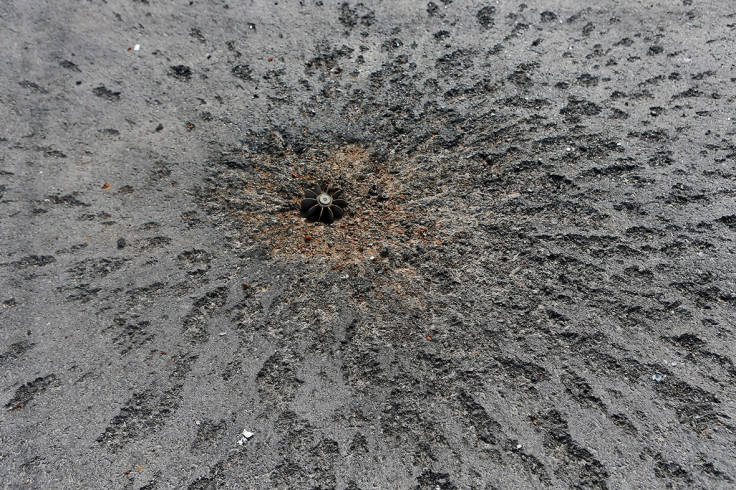Austria Backs EU Sanctions and Accuses Russia of 'Deception' in Ukraine

Austria's Chancellor Werner Faymann slammed Russia's behaviour in Ukraine and accused Moscow of "deception and salami tactics" in the conflict.
European leaders met in late August to discuss the possibility of tightening sanctions on Russia over accusation that it has sent troops and tanks to fight alongside separatist rebels in eastern Ukraine.
Faymann's comments mark a hardening of Austria's stance towards Russia over its role in the Ukraine crisis.
Vienna had previously been reluctant to back tough economic measures against Moscow but Faymann's comments show that patience with the Kremlin had worn thin.
"You cannot say we are all for freedom but the rouble has to roll," Faymann told reporters.
"If it is necessary to defend freedom and international law, then Austria will be in the forefront."
Vienna has extensive political and business ties with Moscow, including a deal to construct part of Russia's South Stream gas pipeline to Austria. That agreement was reached in June, months after Russia annexed Crimea and had been accused of stoking the rebellion in eastern Ukraine.
Austrian financial lenders have a number of profitable Russian clients. Yet, bilateral trade between the two countries remains relatively small, accounting for less than 3% of Austria's foreign trade.
The Austrian Chancellor heaped doubt on Russia's official explanations for their forces appearance in eastern Ukraine, saying they had gotten "more and more provocative. Nobody can believe this, so it is fitting to have a clear political message here."
Faymann played down suggestions that backing tougher sanctions could leave Austria particularly exposed to retaliatory measures in the future.
According to a March report from Deutsche Bank, Austria relied on Russia for 61.8% of its total gas imports in 2012.
Gas supplies "are an issue but you have to know that gas supplies also have a massive effect on Europe's economy. The priority for me is political dialogue, negotiations, exerting pressure, and perhaps not delivering any more weapons," he said.
Austria's dependence on Russian gas is much lower than some other European economies, such as Finland and Slovakia.
According to the same Deutsche Bank report, Slovakia imported 92.7% of its gas from Russia in 2012 and the country's leadership has argued against imposing tougher sanctions on Moscow.
Slovakian Prime Minister Robert Fico told reporters on Sunday August 31 that he considers additional sanctions on Russia "meaningless and counterproductive," urging the bloc to hold off on proposals to impose tougher sanctions.
© Copyright IBTimes 2025. All rights reserved.






















